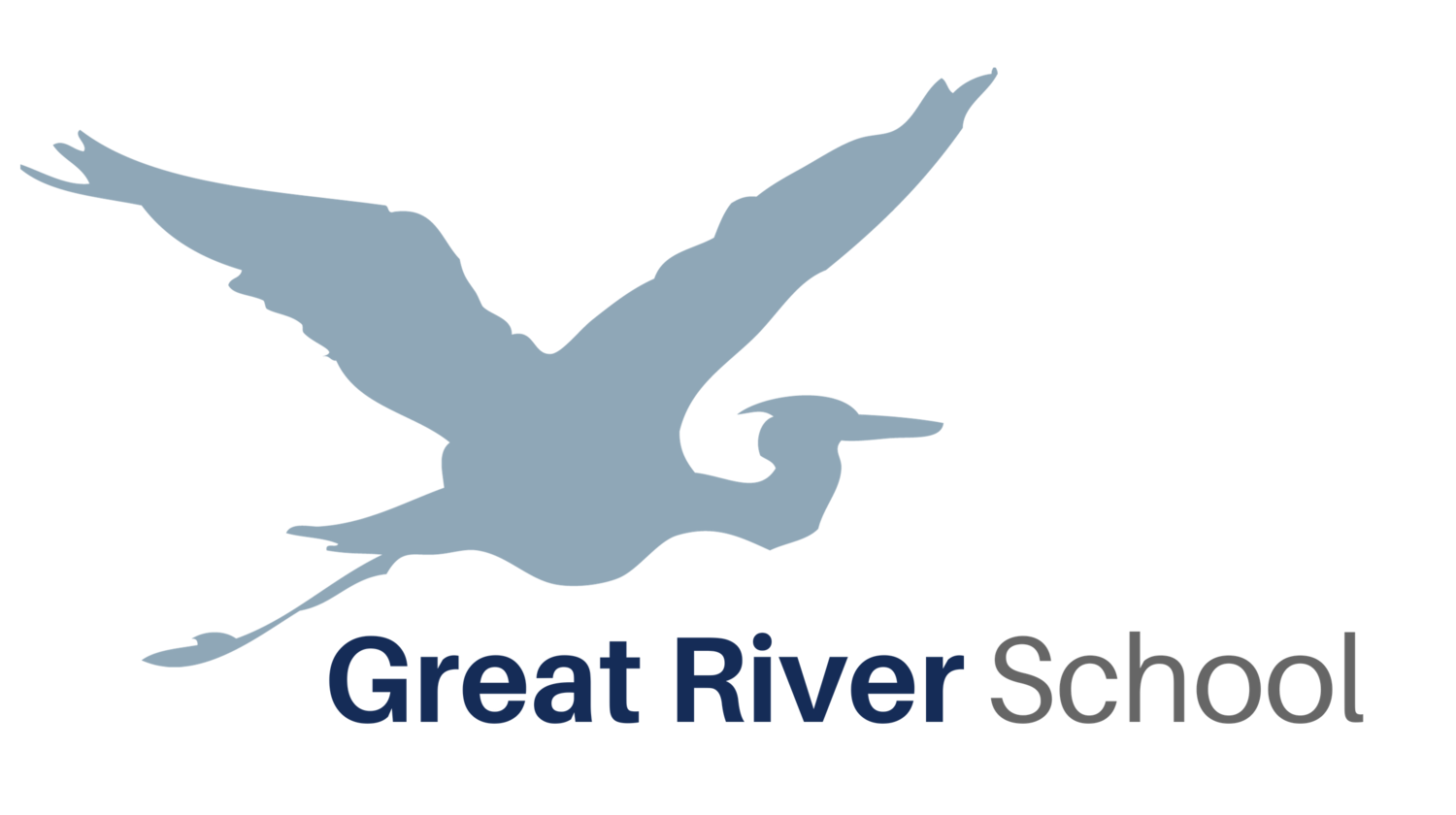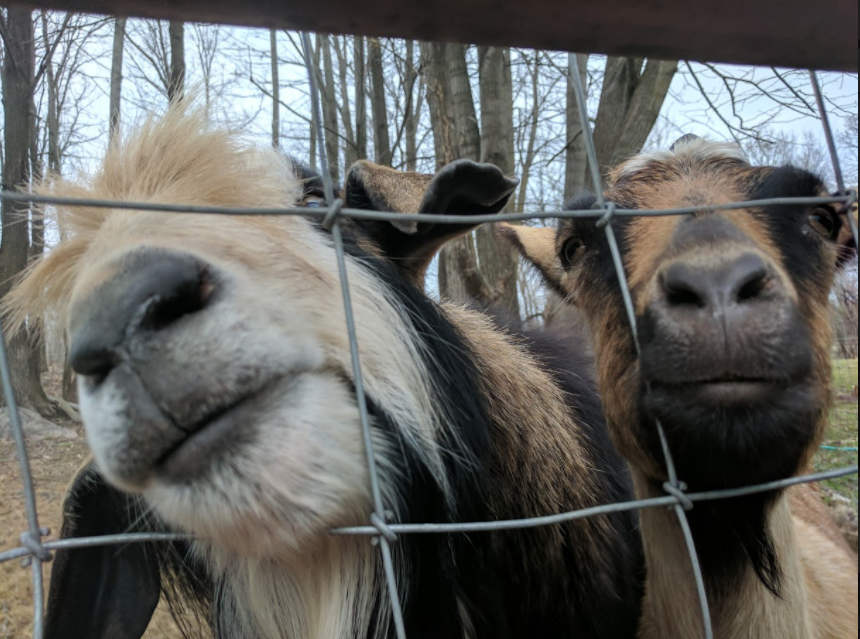2018 ULTIMATE KICKOFF MEETING
Join us for the 2018 Stars Ultimate Frisbee Season kickoff meeting on Thursday, March 8 from 6:00 - 7:30pm in Maria's Cafe (GRS cafeteria).
Come learn about the 2018 season of Great River Stars Ultimate Frisbee! This will be both an informational meeting and a season kickoff, so all prospective players and their parents/guardians should try to attend. Great River has teams for students in 5th-12th grades. Anyone is welcome to play, regardless of experience.
Email: ultimate@greatriverschool.org email address you have any questions!
GREAT RIVER SCHOOL CO-ED VOLLEYBALL REGISTRATION ANNOUNCEMENT
Who: Attention GRS 5th through 8th grade Great River students! Did you know that we have a co-ed volleyball team? That’s right a volleyball team that is made up of all genders. We are looking to recruit some more players for this team.
When: The volleyball season will be starting the week of February 26th. The first game will be on March 2nd. The season will be going until the first week of May. The season will consist of weekly games on Fridays at 4:30pm with practice held once a week after school at Hancock Recreation Center. The day of practice is still to be determined.
Where: Games will be held at other schools around the metro area each Friday. Practices will be held at Hancock Recreation Center.
How: To sign up please click the following link https://docs.google.com/forms/d/1IN2YyIrw1hJslPkSOK3IWy4JzLNDrVoXMwN-YmyQc3Q/edit
If you have any questions, please send an email to Michael Rausch at
mrausch@greatriverschool.org
We have some amazing coaches that will be spending time with your students as well.
We are happy to have Great River School guides Alexis Dickey and Kayla Kronfeld as our coaches this year.
Below are some of the amazing benefits to playing an organized sport:
· Burns calories and fat: One of the primary benefits of volleyball is that it helps you burn calories. Harvard Medical School reports a person can burn between 90 to 133 calories during a half-hour game of volleyball.
· Tones and shapes the body: The physical activities involved in playing volleyball will strengthen the upper body, arms and shoulders as well as the muscles of the lower body. Playing volleyball also improves the cardiovascular and respiratory systems.
· Increases metabolic rate: Playing volleyball enhances your energy level and improves your overall performance in other sports and workouts.
· Improves hand-eye coordination: Volleyball is all about hand-eye coordination. When you serve, you must follow the ball with your eyes, and strike the ball at the right point. On defense, you must react to where the ball is going and get in position to make a play.
· Builds agility, coordination, speed, and balance: Due to its quick changes of pace and direction, volleyball places a large number of demands on the technical and physical skills of a player.
· Heart healthy: By getting your heart rate up, your body will circulate more blood and nutrients throughout your body, which improves your overall health.
· Builds muscular strength: Volleyball requires strong core muscles for nearly every play.
· Increases aerobic ability: You expend the same amount of energy playing an easy, slow-paced game of volleyball for 20 minutes as you would jogging one mile.
· Improves interpersonal skills: Volleyball requires that teammates work cooperatively, and at a fast pace. A June 2008 study of individuals who engage in regular team sports found that team members developed better networking skills than those who were less involved in team sports. Leadership and cooperation skills as well as practice handling wins and losses appropriately provide valuable characteristics that transfer to dealing with others in many other situations.
· Boosts mood and increases drive to succeed: Your involvement in volleyball can improve your mood, reduce stress and encourage pride in your accomplishments as a team member. The activity can also improve your self-confidence, self-esteem, your body image and make you feel happier about life in general.
Come on out for volleyball. Have some fun, get some exercise, and come burn up some of that energy that has been bottled up during the long Winter months. To sign up, please click the following link: https://docs.google.com/forms/d/1IN2YyIrw1hJslPkSOK3IWy4JzLNDrVoXMwN-YmyQc3Q/edit




























